Falling Accident Attorney Explains Common Fall Injuries & Their Impact
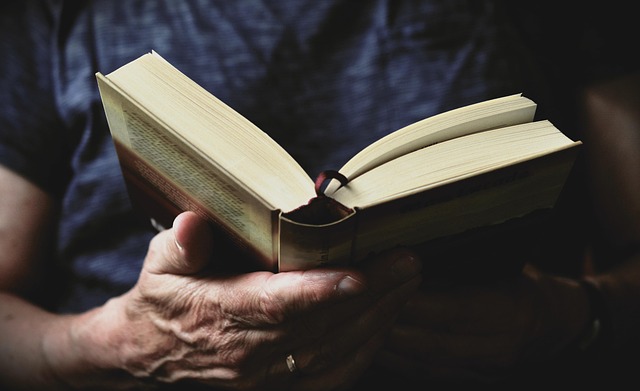
Falling accidents can cause severe injuries including fractures, head trauma, spinal damage, and mor…….
In an increasingly complex and mobile world, the occurrence of falling accidents has become a significant concern across various sectors. These incidents range from simple stumbles and slips in everyday life to catastrophic events at construction sites, industrial facilities, or public spaces. In response to this growing challenge, the role of a falling accident attorney has emerged as a critical component in ensuring justice, safety, and accountability. This article aims to provide an extensive exploration of the concept, its impact, and its multifaceted implications. We will delve into its historical development, global reach, economic significance, technological integration, regulatory frameworks, and the challenges it faces. Additionally, through case studies and future projections, we will uncover the evolving landscape of falling accident attorney and its potential to shape safer environments.
A falling accident attorney, also known as a fall injury lawyer or slip-and-fall attorney, is a legal professional specialized in handling cases involving individuals who have suffered injuries due to slips, falls, or tripping incidents. These accidents can occur in various settings, including residential properties, commercial spaces, public areas, and workplaces. The primary role of such attorneys is to advocate for the rights of victims and secure compensation for their injuries, medical expenses, and related losses.
The core components of a falling accident attorney’s practice include:
Liability Analysis: Determining legal liability, which often involves investigating who or what entity is responsible for the unsafe conditions that led to the fall. This may include property owners, managers, landlords, contractors, or manufacturers of defective products.
Medical Expertise: Understanding the extent and impact of injuries sustained in falls, requiring knowledge of medicine, trauma, and rehabilitation to assess and represent clients effectively.
Negligence and Premises Liability Laws: Applying legal principles related to negligence, duty of care, and premises liability to build strong cases and achieve favorable outcomes.
Historically, the concept of falling accident attorneys has evolved alongside changing societal expectations and legal precedents. In the early 20th century, as urban areas grew and people became more mobile, the frequency of public spaces and workplace accidents increased. This led to the development of premises liability laws, which hold property owners accountable for maintaining safe environments. Over time, specialized attorneys emerged to navigate these complex legal waters, ensuring that accident victims received fair compensation.
The influence of falling accident attorneys is not limited to a single region; it has become a global phenomenon, albeit with regional variations. Several key trends shape the practice:
Urbanization: Rapid urbanization in developing countries has led to an increase in slip-and-fall incidents due to poorly maintained infrastructure and crowded public spaces.
Aging Population: Many developed nations are experiencing an aging demographic, resulting in a higher risk of falls among older adults. This trend has prompted a rise in demand for specialized legal services catering to this vulnerable group.
Tourism and Travel: International travel has grown exponentially, leading to a surge in tourism-related falling accidents, particularly in popular destinations with crowded attractions.
Legal Precedents: High-profile cases and successful settlements have created a body of legal precedent, influencing how similar cases are handled worldwide. For instance, the U.S. case Togni v. Wal-Mart Stores Inc. (2015) established important guidelines for grocery stores’ liability in slip-and-fall incidents.
The economic impact of falling accident attorney services is multifaceted:
Legal Fees: The compensation recovered by attorneys often includes their fees, which can vary widely depending on the complexity of the case and the attorney’s experience. Some firms offer contingency agreements, where they receive a percentage of the settlement or judgment.
Medical Expenses: Many falling accident cases result in significant medical bills for victims, particularly when injuries require extensive treatment, rehabilitation, or long-term care. These expenses can be recouped through legal settlements or judgments.
Product Liability: In product liability cases, manufacturers and distributors may face substantial financial losses if found negligent in designing or distributing defective products that contribute to falls.
Insurance Claims: Property owners and businesses often carry insurance policies that cover liability for accidents on their premises. The cost of these claims can impact premiums and profitability, especially in high-risk industries.
Technology plays a crucial role in modern falling accident attorney practices:
Digital Evidence Collection: Attorneys now utilize advanced digital tools to collect and preserve evidence, including 3D mapping of accident sites, photogrammetry, and drone technology for aerial views. These technologies provide detailed documentation, aiding in legal arguments and settlement negotiations.
Medical Record Analysis: Electronic health records enable attorneys to access and analyze medical data quickly, facilitating a comprehensive understanding of clients’ injuries and treatment histories.
Legal Research Platforms: Online legal research databases offer efficient access to case law, statutes, and regulations, enabling attorneys to build strong legal arguments and stay updated on relevant precedents.
Virtual Reality (VR) Simulations: VR technology is increasingly used for reconstructing accidents, allowing juries and judges to experience the incident as the plaintiff did, enhancing their understanding of the circumstances.
Key policies and regulations govern falling accident attorney practices and the broader field of premises liability:
Premises Liability Laws: These laws vary by jurisdiction but generally establish a duty of care for property owners to maintain safe premises, warning visitors of potential hazards, and ensuring proper security.
Product Liability Legislation: Many countries have product liability laws that hold manufacturers and distributors accountable for selling defective products that cause harm to consumers.
Workers’ Compensation Insurance: In many industries, employers are required to carry workers’ comp insurance, which provides coverage for workplace injuries, including falls. This legislation ensures that employees receive medical benefits and wage replacement during recovery.
Building Codes and Safety Standards: Local and national governments enforce building codes and safety standards to regulate construction and maintenance practices, thereby reducing the risk of falling accidents in public and commercial spaces.
Despite its critical role, falling accident attorney practice faces several challenges:
Complex Liability Determinations: Establishing legal liability in falling cases can be intricate, as multiple parties may share responsibility for an incident. Proving negligence and determining the at-fault party(ies) require meticulous investigation and legal expertise.
High Costs of Litigation: Fall accident cases often involve significant legal fees and expenses, which can deter some victims from pursuing justice, especially those with limited financial resources.
Public Perception: There is sometimes a negative perception of personal injury attorneys, leading to mistrust among potential clients. Overcoming these stereotypes and educating the public about their rights is an ongoing challenge.
Medical Expert Testimony: Securing credible medical expert testimony can be difficult, as it requires specialized knowledge and experience. The cost and availability of such experts may impact case outcomes.
To address these challenges, attorneys can consider the following strategies:
Collaborating with public health organizations to promote fall prevention initiatives, thereby reducing the frequency of accidents and potential legal claims.
Offering free or low-cost legal clinics for vulnerable populations to increase access to justice.
Utilizing innovative technologies to streamline case management and reduce costs for both clients and attorneys.
Working with medical professionals to develop standardized protocols for documenting and treating fall-related injuries, ensuring consistent and high-quality care.
In Smith v. Retail Giant Inc. (2018), a customer slipped on a puddle of water in a busy supermarket, suffering multiple fractures. The case gained significant media attention due to the severe nature of the injuries and the plaintiff’s compelling testimony. Through diligent investigation, the attorney for the victim uncovered poor maintenance practices by the store, including inadequate cleaning protocols and lack of warning signs. This case resulted in a substantial settlement, setting a new benchmark for similar cases in the region.
A small town implemented a comprehensive fall prevention program, addressing public safety concerns. The initiative involved community education, improved lighting on streets and sidewalks, and regular inspections of properties. As a result, the number of falling accidents decreased significantly over five years. However, one incident involving an elderly resident led to a legal challenge against the local government. The case tested the balance between property rights and public safety, ultimately leading to a ruling that supported reasonable regulatory measures to prevent falls.
The field of falling accident attorney is poised for growth and evolution:
Specialization: As the field matures, further specialization may occur, with attorneys focusing on specific areas like construction site falls, elderly fall cases, or tourism-related incidents.
Data Analytics in Risk Assessment: Advanced data analytics can play a significant role in identifying high-risk areas and predicting falling accidents, enabling proactive measures to prevent them.
Artificial Intelligence (AI) and Automation: AI-powered tools can assist in legal research, contract review, and case management, increasing efficiency and reducing costs.
Global Legal Collaboration: With the increasing globalization of businesses and travel, international collaboration among falling accident attorneys may become more common, sharing knowledge and strategies to address cross-border challenges.
The concept of falling accident attorney has evolved into a critical component of legal representation, ensuring accountability and justice for victims of slipping, falling, or tripping incidents. Through understanding global trends, economic implications, technological advancements, and regulatory frameworks, we can appreciate the multifaceted role these attorneys play in society. By addressing challenges, leveraging technology, and staying abreast of emerging trends, falling accident attorneys will continue to contribute to safer environments and improved legal outcomes for their clients.
Q: What types of compensation can a falling accident attorney help me recover?
A: A falling accident attorney can assist in recovering various forms of compensation, including medical expenses, lost wages, pain and suffering, permanent disability benefits, and, if applicable, punitive damages for negligence.
Q: How do I choose the right falling accident attorney?
A: When selecting an attorney, consider their experience in handling similar cases, track record of successful outcomes, communication skills, and understanding of your specific situation. Referrals from trusted sources and online reviews can also be valuable.
Q: Are there time limits for filing a case after a falling accident?
A: Absolutely. Most jurisdictions have statutory limitations for personal injury claims, often ranging from one to three years. It’s crucial to act promptly to preserve your rights.
Q: Can I pursue legal action if the fall happened on private property?
A: Yes, but the case’s strength will depend on local laws and the specific circumstances. In some cases, property owners may be held liable for negligence if they knew or should have known about a hazardous condition on their premises.
Q: How does weather impact falling accident cases?
A: Weather conditions can play a significant role in fall accidents, particularly in slip-and-fall incidents involving ice, snow, or wet surfaces. Documenting the weather at the time of the incident and gathering relevant data can strengthen your case.

Falling accidents can cause severe injuries including fractures, head trauma, spinal damage, and mor…….
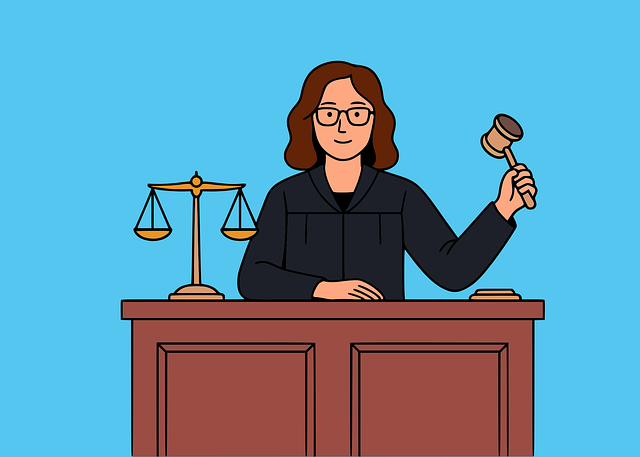
After a falling accident, consult a skilled falling accident attorney to clarify circumstances, asse…….
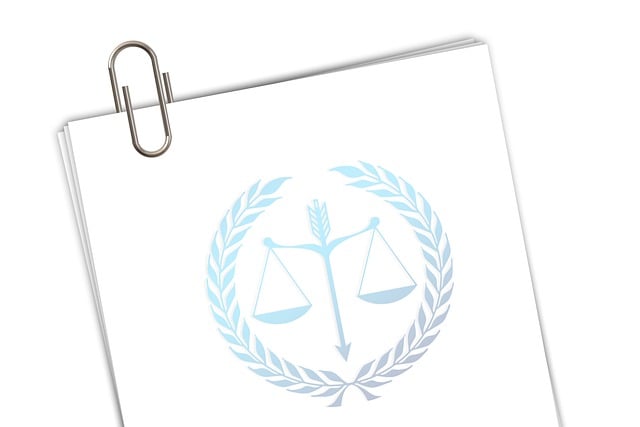
A falling accident attorney plays a critical role in valuing and settling such cases, employing a mu…….

After a falling accident, consult a specialized falling accident attorney to understand your legal o…….
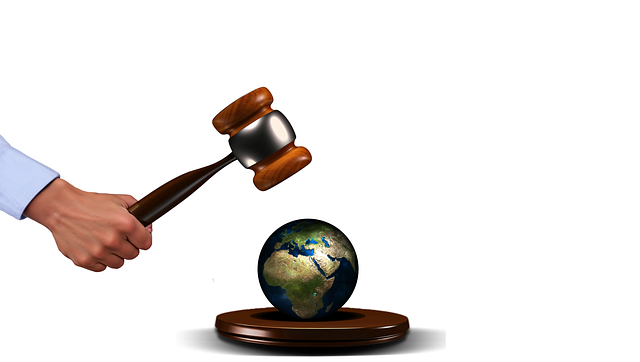
Falling accidents can cause severe injuries and lead to complex legal battles, making it vital to co…….
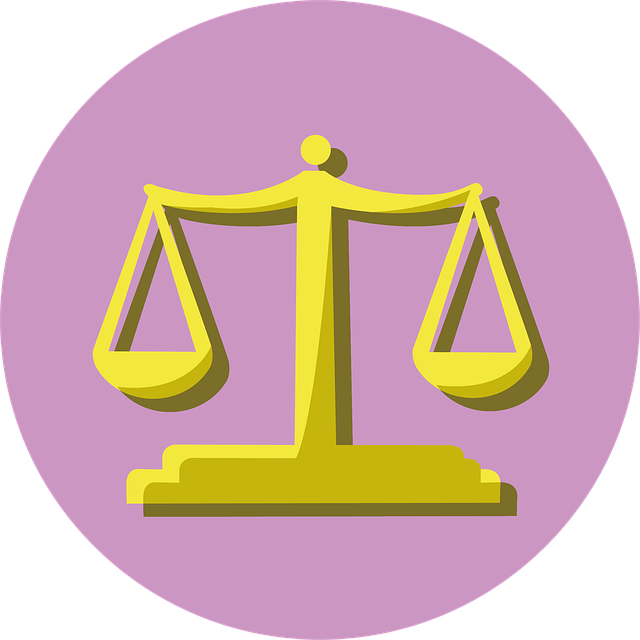
After a falling accident, a specialized falling accident attorney is essential for navigating comple…….